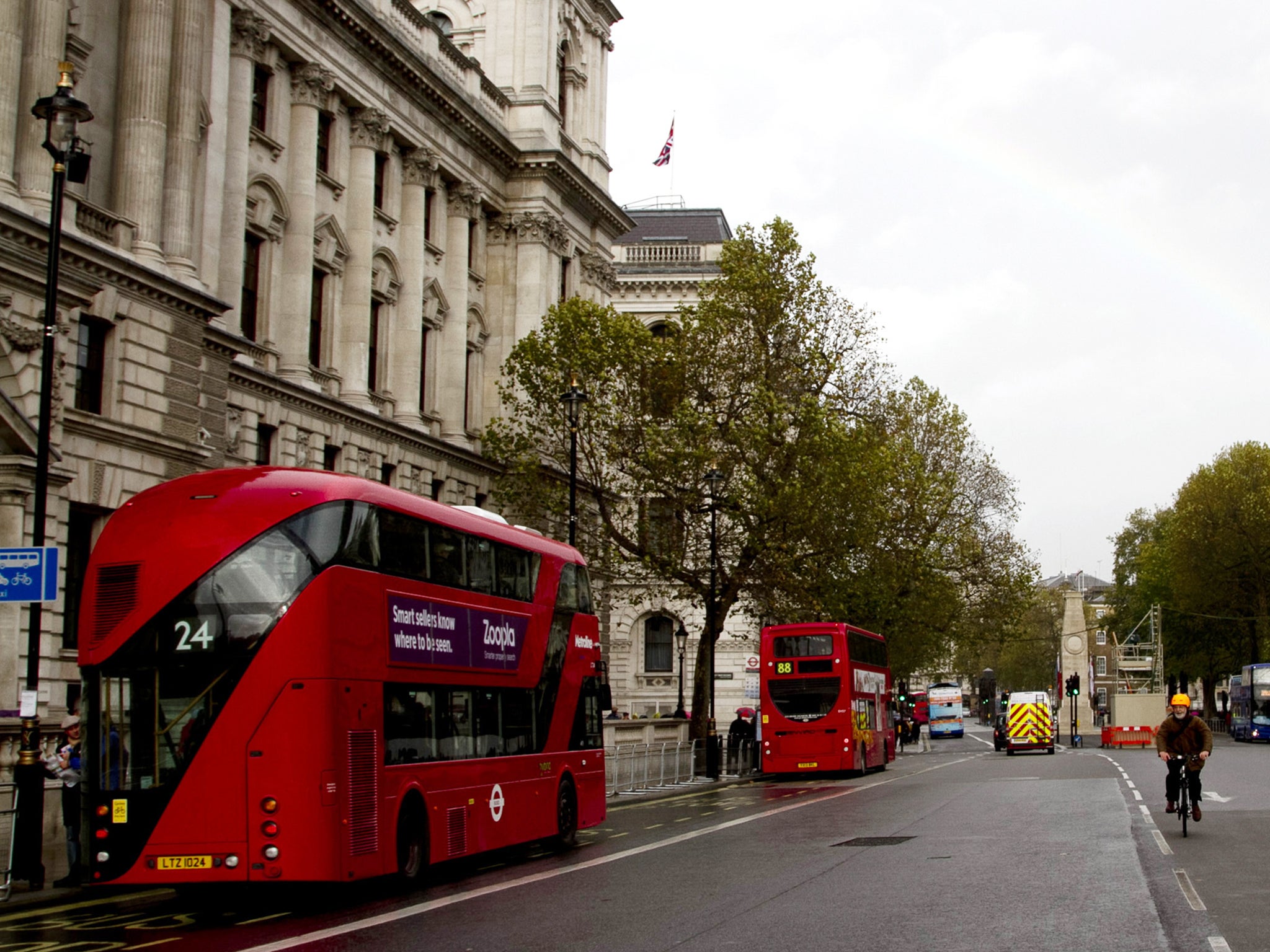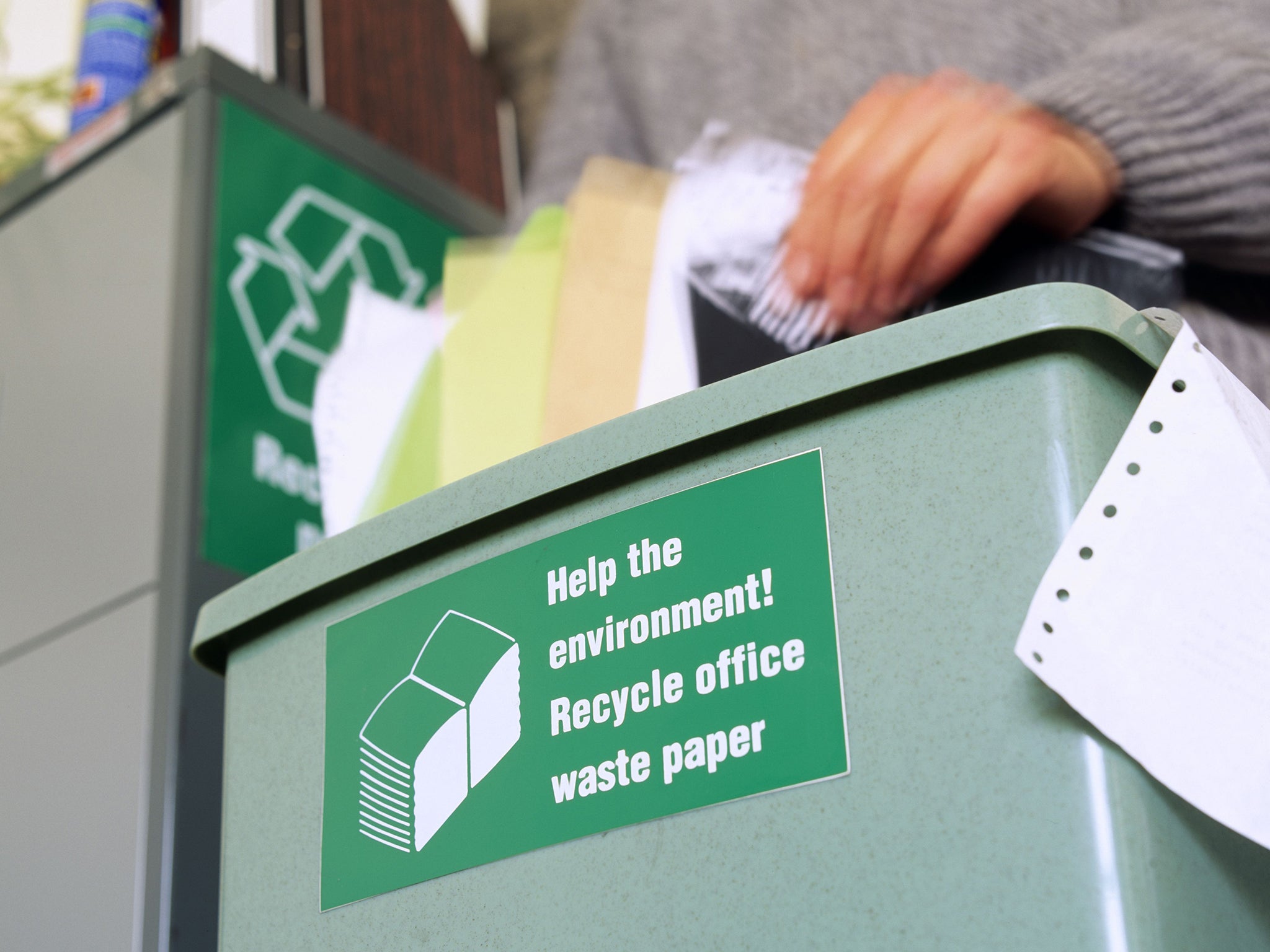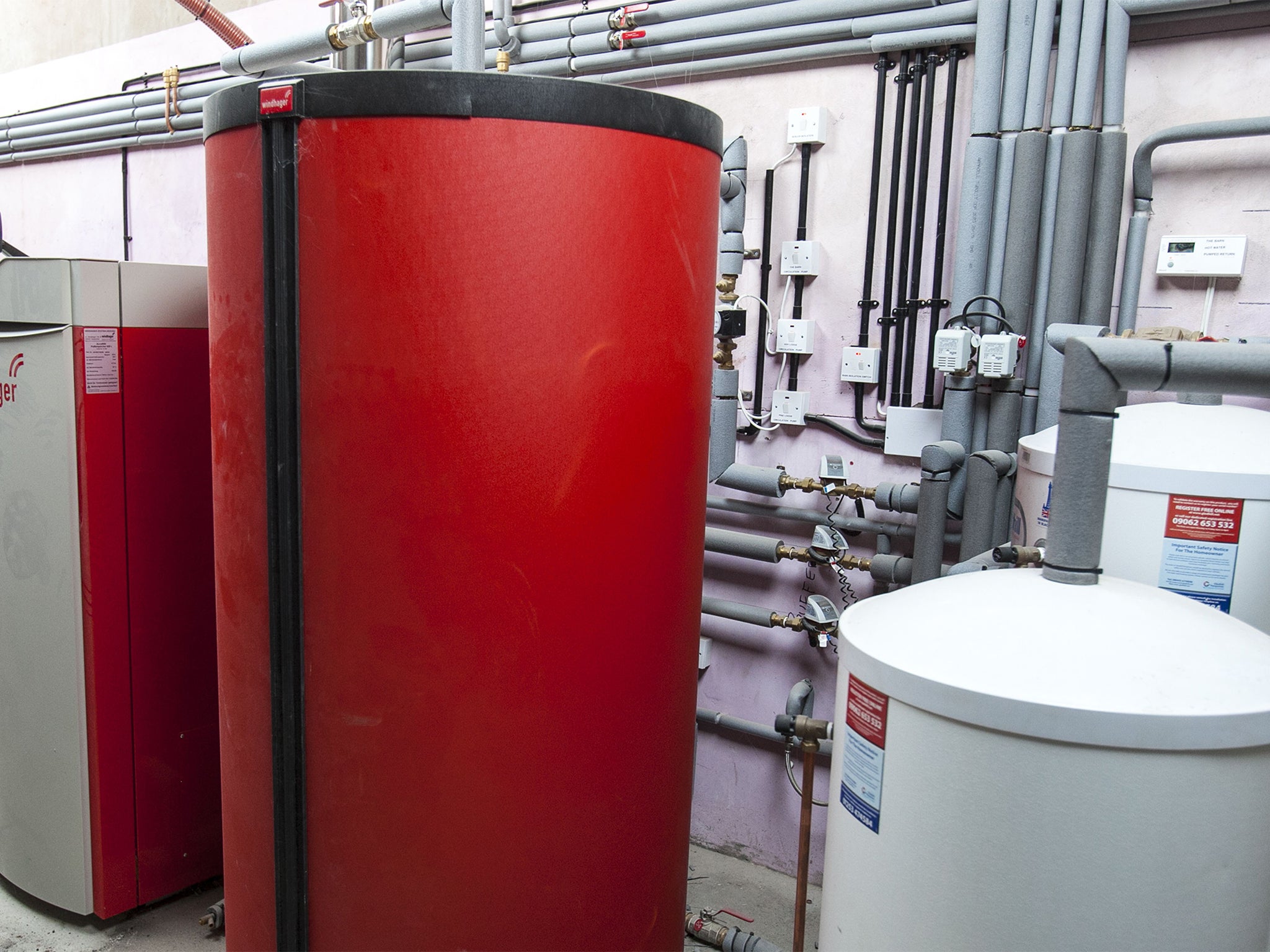Government savings: Recycling, turning off lights and mending office furniture netting Treasury millions of pounds a week
'Common sense' measures help save £185m a year

Your support helps us to tell the story
From reproductive rights to climate change to Big Tech, The Independent is on the ground when the story is developing. Whether it's investigating the financials of Elon Musk's pro-Trump PAC or producing our latest documentary, 'The A Word', which shines a light on the American women fighting for reproductive rights, we know how important it is to parse out the facts from the messaging.
At such a critical moment in US history, we need reporters on the ground. Your donation allows us to keep sending journalists to speak to both sides of the story.
The Independent is trusted by Americans across the entire political spectrum. And unlike many other quality news outlets, we choose not to lock Americans out of our reporting and analysis with paywalls. We believe quality journalism should be available to everyone, paid for by those who can afford it.
Your support makes all the difference.Forcing civil servants to recycle, turn off lights and make do with and mend old office furniture is netting the Treasury millions of pounds a week in savings, a government report has revealed.
In a bid to cut energy bills and go green, Whitehall departments in 2010 were ordered to dramatically reduce waste as part of a wider target to reduce the Government’s carbon footprint by 25 per cent.
Under the five-year plan, enforced by Cabinet Office minister Oliver Letwin, civil service mandarins were told to slash the number of domestic flights, install eco-friendly boilers and fix leaky office toilets.
A Cabinet Office report, seen by The Independent on Sunday, reveals that the “common sense” measures have seen massive reductions in the use of water, energy and paper, helping to slash greenhouse gas emissions and save £185m a year - or more than £500,000 a day compared with 2009-10.
Overall, government departments have reduced:
* Greenhouse gas emissions by 22 per cent
* Waste by 22 per cent
* Paper use by 38 per cent
* Water consumption by 11 per cent
* Domestic flights by 18 per cent.
David Cameron told The IoS that the Government would now set new targets to make even further energy savings.
“We have made good progress over the last five years cutting the amount of taxpayers’ money spent on everything from flights and paper, to waste and water,” he said. “We’ve reduced the damaging impact of greenhouse gases too.
“But we still need to tackle the deficit Labour left behind, so we must redouble our efforts to reduce waste, tackle climate change and deliver further savings to taxpayers over the next five years.”

Critics will say the Government has failed to go far enough – missing a series of the 2010 targets to reduce waste. It pledged to cut its CO2 emissions by 25 per cent – but has fallen short by 3 per cent. Mr Cameron also promised to cut the number of domestic flights taken by ministers and civil servants by 20 per cent, but only managed an 18 per cent reduction.
But the Government insisted that if the Ministry of Defence was discounted – it has struggled to reduce its carbon footprint because of on-going military operations – the overall target to reduce greenhouse gas emissions by 25 per cent would have been hit.
New targets are expected to be set to cover the next five years – with departments that fall short this year expected to pass the 25 per cent reduction threshold by 2016.
The targets have seen departments enforce a series of stringent new rules. All departments have been told they must “refurbish or recycle furniture” instead of buying in new desks or chairs when existing ones break.
At the Swansea-based DVLA, staff have been told they must “always consider public transport as the first option” when making a journey for work. DVLA staff are also banned from using their own car for anything longer than a 70-mile business round trip.
At the Department of Energy and Climate Change, office lights now automatically switch off when a room is left unoccupied, and can dim on a bright day when sunshine is enough to light a room.
The new lighting alone is estimated to have reduced the department’s electricity bill by 14 per cent in the year 2013-14.
Civil servants were also ordered to get a grip on the amount of water wasted in staff kitchens and toilets.
At the Home Office, an investigation found that more than £30,000 was being wasted because of leaks and other water wastage.
In one office a faulty valve meant that 400 litres of water were being wasted every hour by the men’s toilets flushing too often – costing the department £9,200 every year.
The Prime Minister also ordered a clampdown on the use of domestic flights to ferry around ministers and civil servants, and the 18 per cent fall in internal UK flights is a reduction of almost one in five flights taken by government workers.
All departments but three recorded a reduction since 2009/10 – with Transport and Health slashing flights by over 40 per cent.
However, climate change campaigners are likely to voice concern over the addiction to short-haul flights of the Environment Department – up 2 per cent, and the Department for International Development – up 22 per cent. Culture, Media and Sport, meanwhile, has more than doubled its number of internal flights.
Energy bars
With old, draughty Victorian prisons to contend with, the Ministry of Justice could be forgiven for missing its green emissions targets. But, it cannot be said that this is for want of trying, if one prison’s radical attempt to go green is anything to go by.

At HMP Wayland in Norfolk, prison officers have installed a new eco-friendly biomass boiler to heat the jail using locally grown crops instead of gas or electricity.
The specialist boiler has already saved £320,000 a year in operating costs, according to the Cabinet Office report – seen by The IoS.
Its fuel is currently available from a supplier 15 miles from the jail. But government sources have revealed that moves are under discussion for the prison to grow its own willow crop. Such crops would be farmed by prisoners – so giving them life skills, and reducing the jail’s energy costs by a further £65,000 a year.
Join our commenting forum
Join thought-provoking conversations, follow other Independent readers and see their replies
Comments